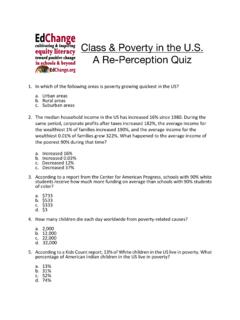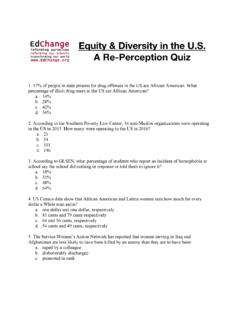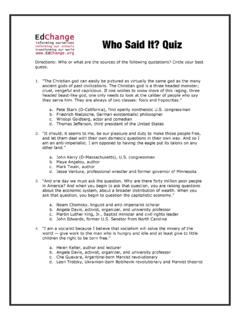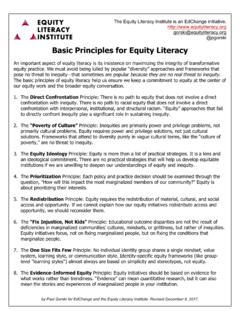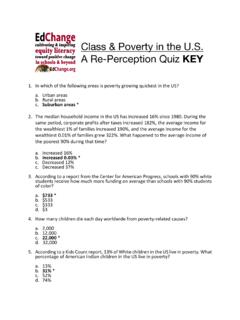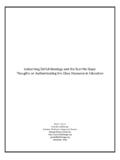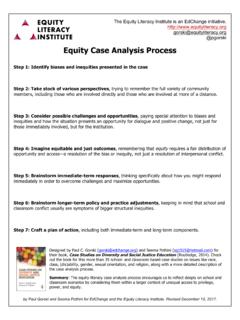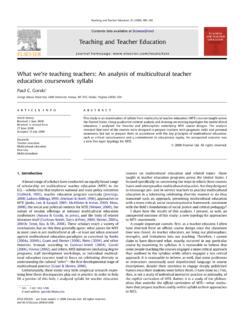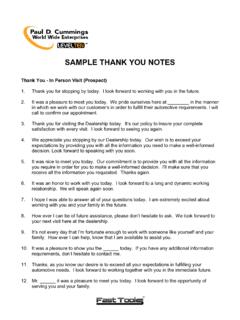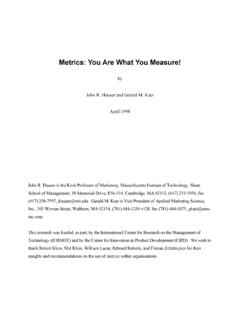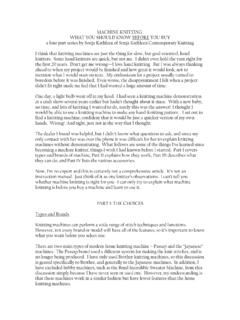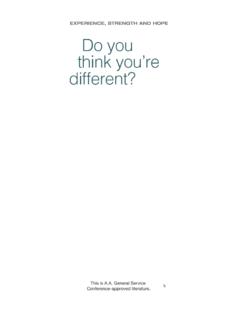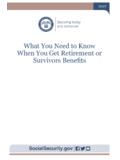Transcription of So You Think You’re an Anti-Racist? - EdChange
1 The Equity Literacy Institute is an EdChange initiative. @pgorski by Paul Gorski for EdChange and the Equity Literacy Institute. Revised December 22, 2017. So You Think You re an Anti-Racist? Paradigm Adjustments for Well-Intentioned White Folks 1. The Potential Inaction of Dialog Dialog is an important part of social change. It helps us develop deeper understandings of conditions we re trying to change and provides opportunities for solidarity-building. But developing awareness is not in and of itself racial justice action. It s what prepares us to participate in racial justice action. Dialog without action is no threat to racism. 2. From Color-Blindness to Racial Literacy Not only is race color-blindness impossible, it s also dangerous.
2 Even if race is a social construct with no real scientific basis, racism is real and connected to all sorts of other systems of oppression, such as economic injustice, employment discrimination, and educational injustice. The inverse of color-blindness is racial literacy. Not only do I see racism, but I also learn how to recognize even the subtlest ways racism and white supremacy operate. That way I become more capable of eliminating racism and white supremacy. 3. Racism as Structural Oppression If I understand racism only as transactional or as acts between individual people, it can be easy to distance myself from it. I become a greater force for racial justice when I understand these individual acts as symptoms or outcomes of bigger structures and patterns that infest every system with which people interact, from judicial systems to education systems to policing to economic systems.
3 Sure, we should respond to individual racist acts because they can do tremendous damage. But if we want to be a threat to the existence of racism we must learn to recognize and respond to racism at its structural roots and not only at the interpersonal level. 4. Justice Before Harmony This is important: there is no possibility for harmony without justice. The only real path to racial harmony is through racial justice. Why would somebody experiencing racial injustice, watching me ignore and benefit from that injustice (assuming I m not actively participating in it, which might not always be a good assumption), want harmony with me? Always prioritize justice over peace, justice over conflict resolution, justice over harmony. 5.
4 The Inconsequential Nature of Intent The impact of unintentional racism the ways we participate in and bolster racism without actively trying to do so is indistinguishable from the impact of intentional racism. Imagining myself as a good person, as a progressive person, means little if I am not examining and changing the impact I m having even through actions I once took without intention. Given the indistinguishable difference between the impact of intentional and unintentional racism, can I really say I have positive intentions if I keep pointing out my positive intentions?
